To lead by example and respond to our community, McMaster is determined to address some of the most pressing challenges facing our planet, including those concerning sustainability in all its forms. McMaster University aspires to transform its campus into a living laboratory for sustainability, accessibility and inclusion while also advancing its sustainable operations and growth.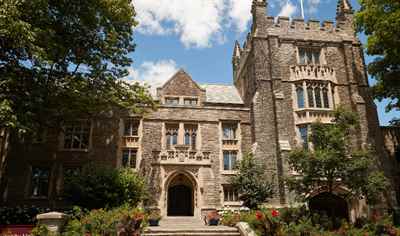
In 2018, McMaster adopted a decarbonization strategy in 2018 which tackled carbon reduction based on measuring and targeting carbon exposure. Aligned with the United Nations Principles, it was a start to taking active engagement strategies to create a more sustainable future. It is planned to reduce carbon emissions of 65% by 2025 but McMaster University has achieved the carbon reduction target 2 years ahead of schedule in 2023 where it reduced carbon intensity of its investments by 70% from 2018 levels.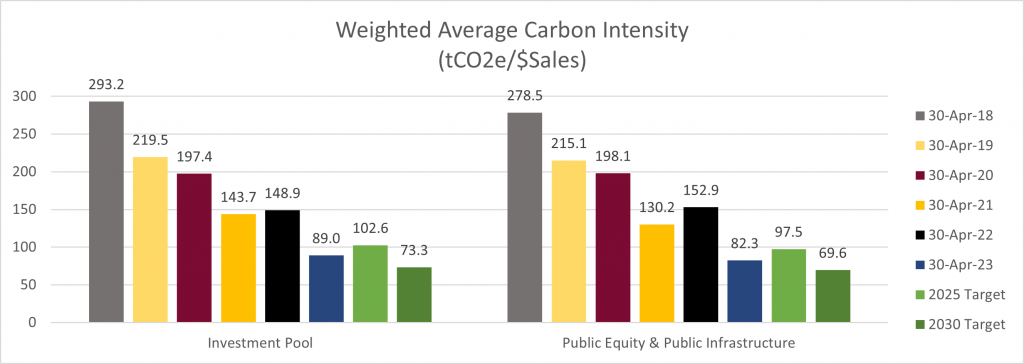
Developed in 2020, McMaster’s Net Zero Carbon Roadmap was developed as a guide to achieving net zero carbon emissions with the goal of reducing emissions by 75% by 2030 and 90% by 2050, with the remaining 10% emissions reduced by additional installment of renewable energy projects and more. The roadmap includes methods of achieving net zero carbon such as geothermal heating and cooling, waste-water heat recovery, and electrifying campus service vehicles
McMaster intends to support students, faculty members, and staff through introducing active and interactive modes of transportation by developing multi-modal transportations systems that connect to campus. McMaster will plant native trees and species to promote healthy ecosystems and include greenspace in teaching, learning, and research.
As a first step to implementing McMaster’s 2022-26 Sustainability Strategy, two electric boilers were installed in order to reduce campus carbon emissions 23% from 2020 levels. They are part of the university’s ongoing sustainability efforts to drive sustainable change and become a leader in the lead for environmental sustainability. The boilers are expected to be installed in 2024 which will heat campus with carbon free-electricity during low-demand periods as well as counteract the use of natural gas boilers that emit carbon.
McMaster Sustainability Report 2022-23
McMaster Sustainability Report 2022-23
McMaster Sustainability Report 2022-23
McMaster Sustainability Report 2022-23
McMaster University announced that it will use emissions-free geothermal energy to heat and cool its new campus greenhouse. It will be the first building to use a sustainable geothermal system and will be open in spring of 2024. Geothermal systems are an environmentally sustainable solution to producing energy in accordance to net zero carbon emissions on campus and it is the beginning to the exploration of geothermal technology on campus. 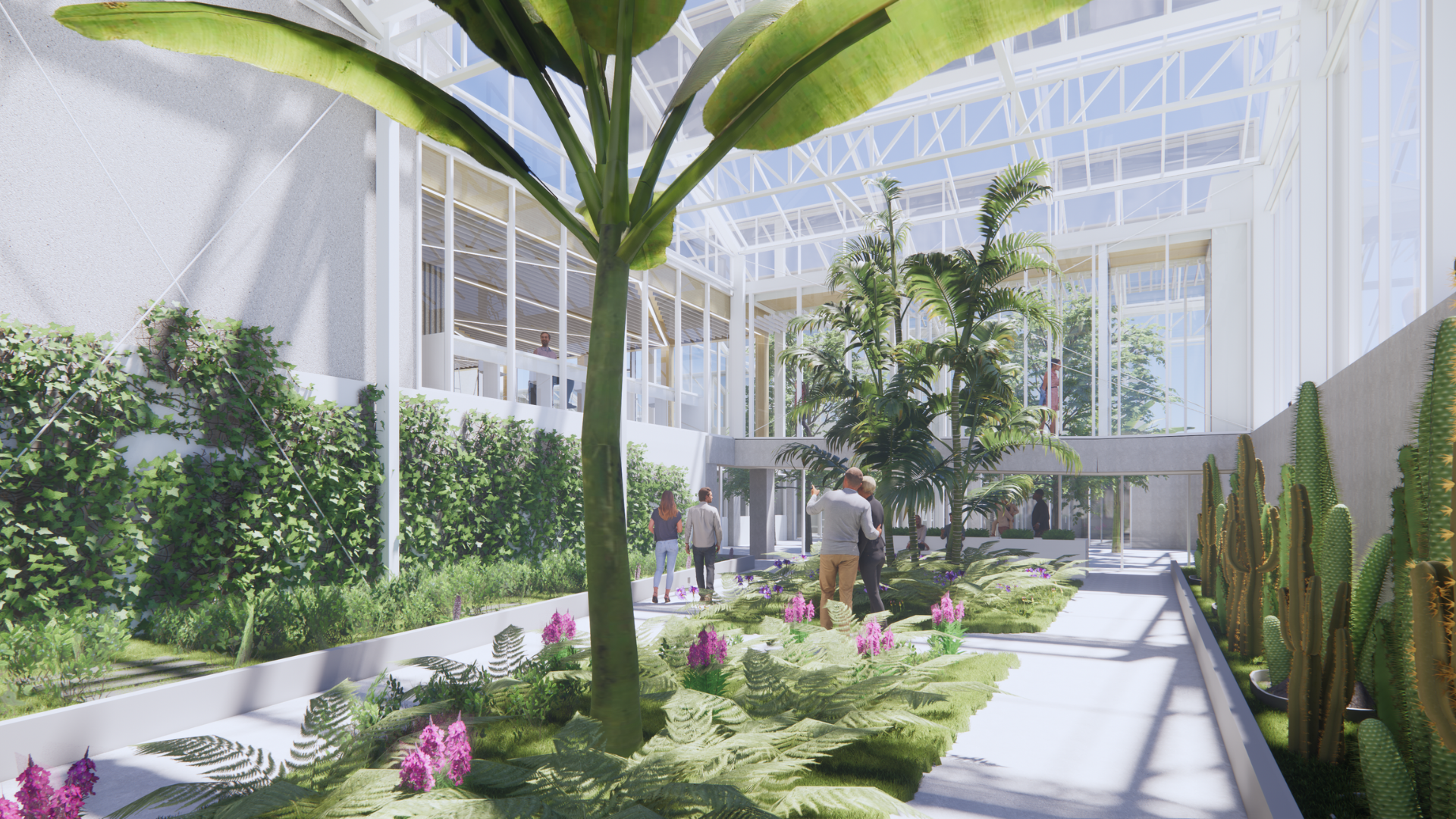
As a first step to implementing McMaster’s 2022-26 Sustainability Strategy, two electric boilers were installed in order to reduce campus carbon emissions 23% from 2020 levels. They are part of the university’s ongoing sustainability efforts to drive sustainable change and become a leader in the lead for environmental sustainability. The boilers are expected to be installed in 2024 which will heat campus with carbon free-electricity during low-demand periods as well as counteract the use of natural gas boilers that emit carbon.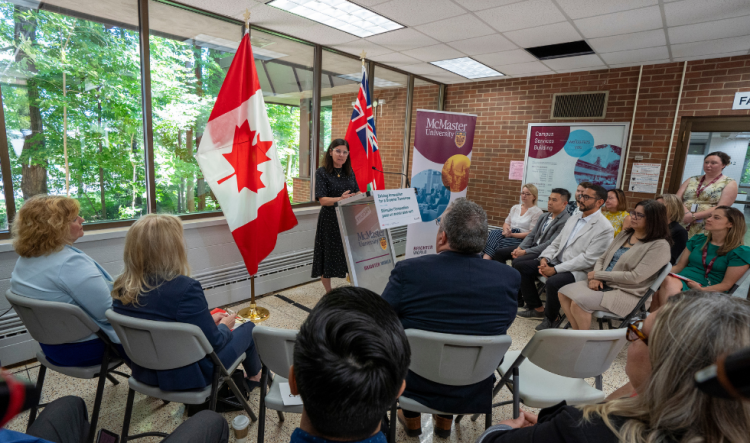
As a first step to implementing McMaster’s 2022-26 Sustainability Strategy, two electric boilers were installed in order to reduce campus carbon emissions 23% from 2020 levels. They are part of the university’s ongoing sustainability efforts to drive sustainable change and become a leader in the lead for environmental sustainability. The boilers are expected to be installed in 2024 which will heat campus with carbon free-electricity during low-demand periods as well as counteract the use of natural gas boilers that emit carbon.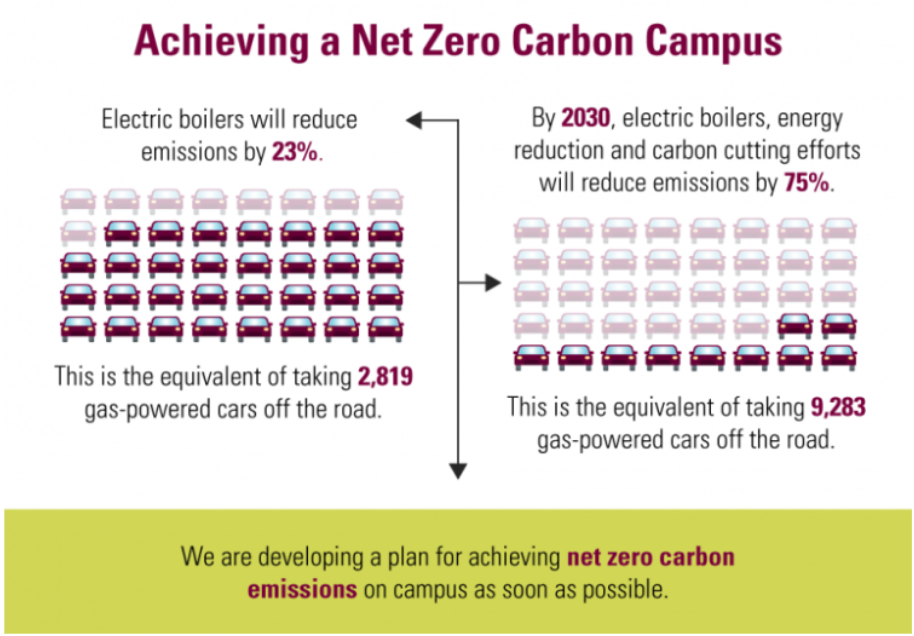
McMaster hosted its first United Nations’ Sustainable Development Goals Pitch Competition where students pitch an idea to solve one of three sustainability challenges and help McMaster achieve the United Nations Sustainable Development Goals. The winners targeted issues such as reducing waste, increasing active and sustainable travel, and achieving gender equity
Participation rules
We’re committed to free and open engagement with the focus on solving a challenge or improving our world through community collaboration and consensus.
So obviously, please keep it civil, but above and beyond that—hosts and/or WeNetwork also reserve the right to remove any posts (and in extreme cases, WeNetwork members) that violate the following basic rules:
- No marketing or spam. Come on, you know this!
-
No masquerading, by either subjects or participants
Roadmaps and collaboration can be hosted by third parties, just as long as long as ownership is accurately identified.So, for instance, anyone can create a roadmap for JPMorgan as long as they are clear that they are not affiliated with JPMorgan, if that is the case. And no participant may falsely represent themselves as an affiliate, either.Users are required to disclose any material conflicts of interest in posts of any type.
-
Relevance to solution
No “look there’s a squirrel” stuff—stay on topic, relevant, and constructive.
-
Age limit
You must be 18 to use this site. If you are young, smart and engaged and really want to participate, please contact us for information about obtaining parental permission.
-
Not a complaint site
Our platform is intended for crowdsourcing solutions. Any post attempting to disparage, defame or otherwise attack any business or individual is subject to removal.If you have a specific problem with any organization, including WeNetwork or any of its members, please email team@WeNetwork.app.
-
Qualifications to post a solution
Anyone is welcome to post a civil, relevant and constructive comment. In most cases, though, posting a formal solution requires a minimum level of hero points. Solutions posted by anyone who doesn’t have enough hero points will be forwarded to the host for consideration.

